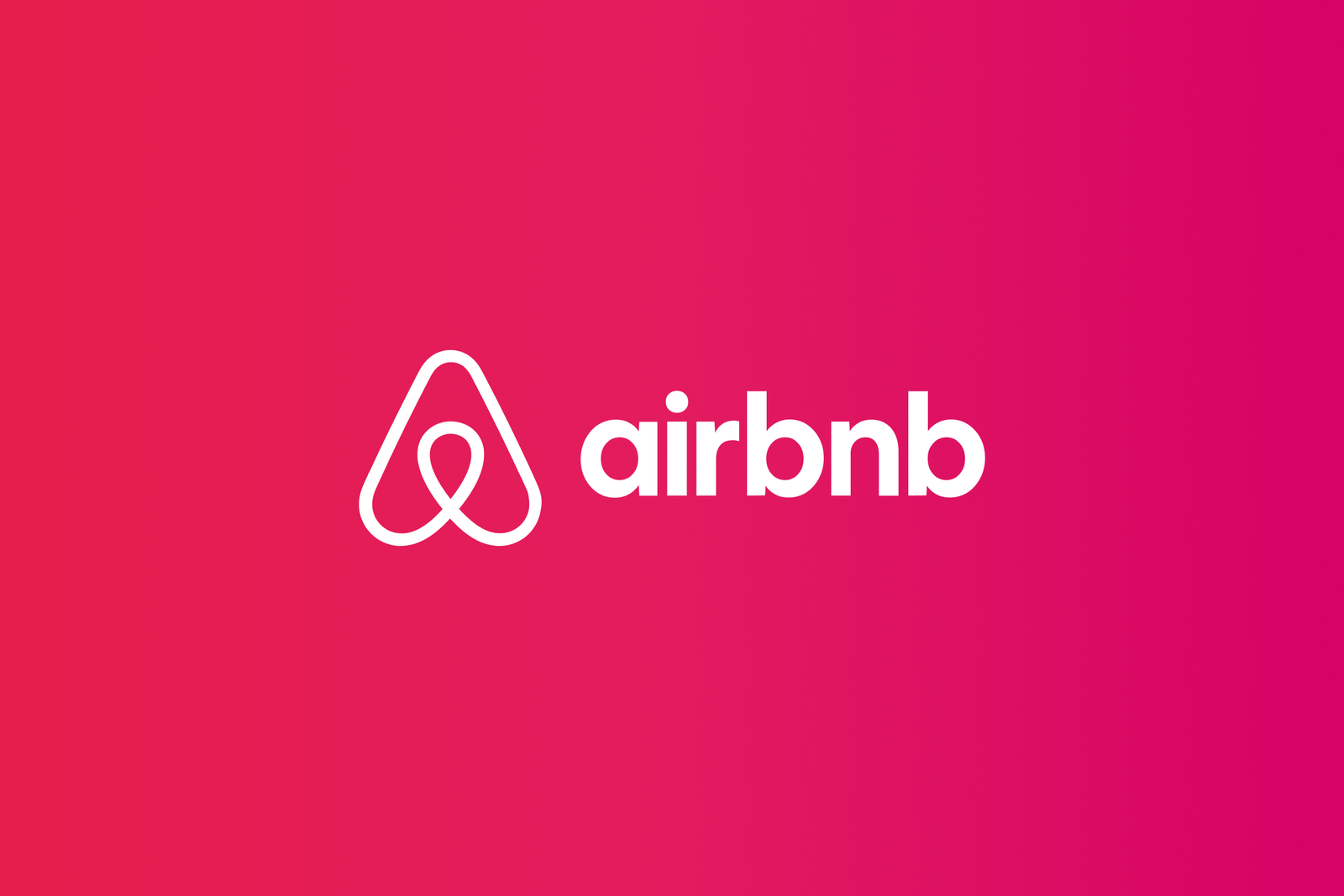Airbnb has announced sweeping changes to its Off-Platform and Fee Transparency Policy, effective May 10, 2025. The move is poised to reshape how professional hosts, property managers, and integrated service providers operate on the platform.
While the company frames these updates as a push for transparency and trust, the policy reflects more profound strategic shifts: data consolidation, service integration, and groundwork for a future host-facing marketplace. This is a pivotal moment for industry players relying on third-party tools, concierge apps, or off-platform fee collection.
What Is Changing? Key Policy Shifts
Effective May 10, Airbnb’s updated policy introduces four key changes:
- All mandatory fees (such as cleaning, resort, and management) must be included in Airbnb’s designated fields or bundled into the nightly rate. No backdoor messaging or post-booking collection is allowed.
- Off-platform payments are generally prohibited, with limited exceptions for specific fees (e.g., resort and HOA) disclosed at checkout.
- Third-party app usage for guest access is restricted. Hosts may not require app downloads or external account creation unless legally necessary, which must be disclosed in the listing.
- Guest data controls are tightening. Hosts may not solicit emails, market off-platform, or use guest information for anything other than operational needs unless the guest has explicitly requested it after booking.
Strategic Rationale: More Than Just Policy
These updates are not just about fees—they are about platform control. Airbnb’s long-term trajectory appears to be:
- Developing a “Host Marketplace”: Enabling integrated services (task management, smart home tech, concierge add-ons) directly via Airbnb.
- Maximizing monetization per booking: Airbnb captures commission on every upsell and fee by eliminating off-platform transactions.
- Ensuring pricing consistency: Unified fees at checkout reduce disputes, cancellations, and friction for guests.
- Enhancing privacy compliance: Aligning more closely with evolving global data protection norms.
The result? A closed-loop ecosystem—what some analysts call the “Airbnb SuperApp.”
Implications for Hosts and Property Managers
What You Can Still Do
- If Airbnb explicitly allows it, collect resort, utility, and HOA fees off-platform and declare them at checkout.
- You can use optional third-party apps (such as keyless entry, smart thermostats, and concierge tools) as long as they don’t require gate entry or a mandatory setup.
- If it’s a standard business practice and adequately disclosed, charge optional hotel-style fees (e.g., parking) at check-in.
- Communicate outside the platform if the guest initiates a post-booking request.
What You Cannot Do
- Require guests to install apps or create accounts to access your listing.
- Message guests about any extra fees not mentioned in the listing.
- Collect security deposits off-platform unless explicitly allowed (e.g., for hotels).
- Solicit guest emails for marketing or upsell offers using Airbnb messaging.
Gray Zones: Still Unclear
While Airbnb has clarified its position on platform fees and access tools, ambiguity remains around experience-based upsells like:
- Fridge stocking
- Babysitting services
- Paid early check-in (not tied to an additional night)
- Equipment rentals (e.g., bikes, surfboards)
These are not explicitly prohibited for now, but hosts should exercise caution. Experts recommend using Airbnb’s Resolution Center for any upsell to remain compliant until more explicit guidance is issued.
Recommended Action Steps Before May 10
- Audit your listings: Ensure every fee is declared in Airbnb’s designated fields—or built into the nightly rate.
- Update your pricing model: Align with Airbnb’s “total price at checkout“ standard.
- Review your tech stack: If you use guest access tools, ensure they don’t violate the new policy.
- Avoid data misuse: Do not use Airbnb messaging for email collection or off-platform promotion.
- Prepare fallback workflows: Consider redirecting to Airbnb’s resolution tools for upsells.
Industry Outlook: A Platform-Centric Future
This is not just about operational compliance—it’s a roadmap for how Airbnb will structure its host ecosystem. Expect the platform to continue investing in internal tools and services that offer:
- Integrated cleaning and turnover
- Smart home automation
- Revenue management plugins
- Concierge add-ons
- Partner marketplaces for local services
By consolidating these services under one interface, Airbnb increases host dependence and offers improved consistency and monetization.
Conclusion
Airbnb’s Off-Platform and Fee Transparency Policy, effective May 10, 2025, signals a shift from a decentralized host economy to a tightly controlled platform ecosystem. Hosts and property managers must rethink fee structures, guest communication practices, and tech partnerships to comply with Airbnb’s evolving rules.
While the policy limits some forms of flexibility, it also creates a cleaner, more scalable path for platform-driven innovation, laying the foundation for a future where Airbnb becomes the all-in-one hub for short-term rental operations.
Company Profile: Airbnb, Inc.
Founded in 2008, Airbnb is a San Francisco–based short-term rental platform that connects travelers with hosts in over 220 countries. As of 2024, the company boasts over 7.7 million active listings and remains the global leader in the vacation rental market. Known for its innovative model and disruptive pricing, Airbnb has expanded into luxury rentals, experiences, and hotel partnerships.
With a focus on user trust, community standards, and platform monetization, Airbnb is building a vertically integrated ecosystem for guests and hosts.




